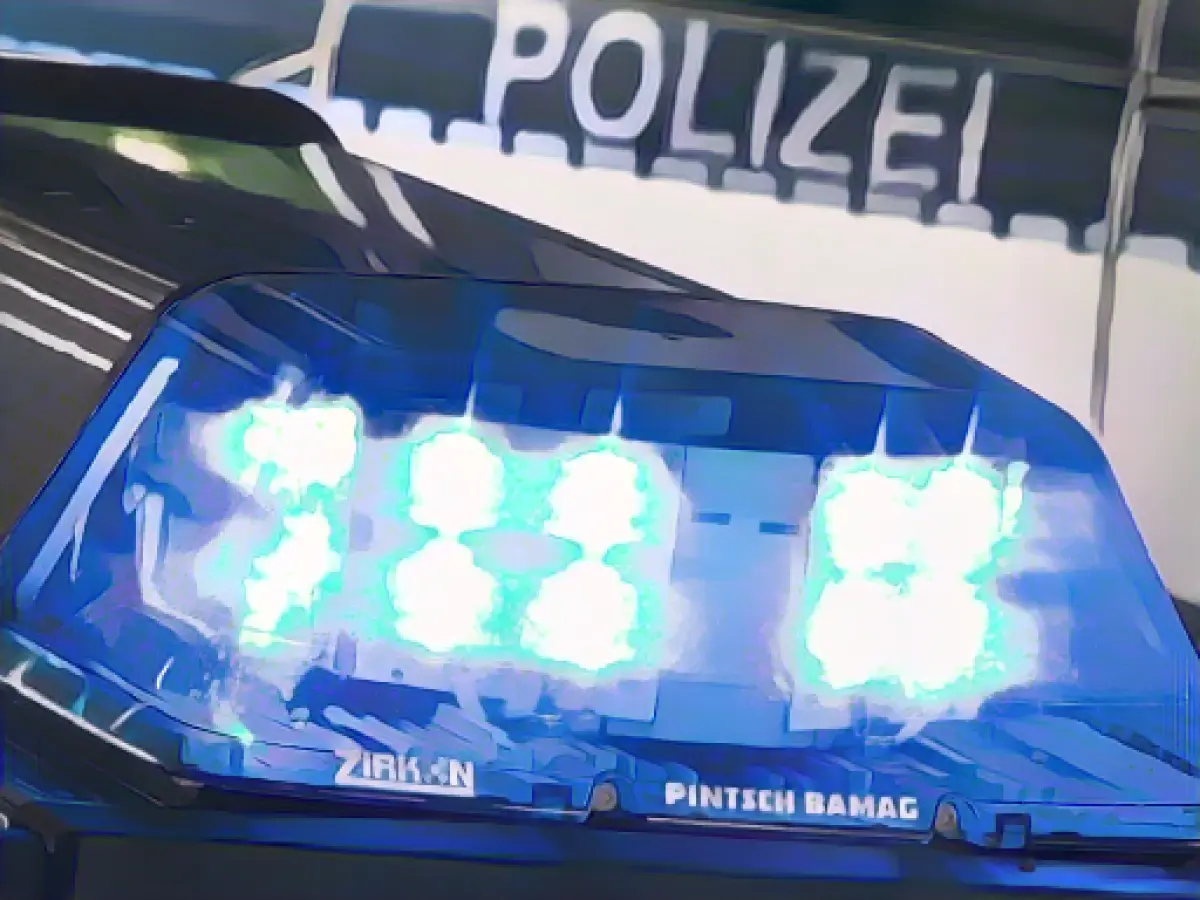Raid in Dorsten and Iserlohn Uncovers Reichsbürger Suspicions
Recent searches in two North Rhine-Westphalia properties - one in Dorsten, part of the Recklinghausen district, and another in Iserlohn, located in the Sauerland region - have shed light on allegations against the Reichsbürger movement. The raids, conducted as part of an investigation led by the Munich Public Prosecutor General's Office, aimed to scrutinize potential ties between extremism and criminal activities within the movement.
Background on the Reichsbürger Movement
The Reichsbürger movement, also known as "Reich Citizens," is a far-right extremist group in Germany. Its members adhere to the belief that the German government is illegitimate and that they are citizens of a sovereign German Reich, rather than the Federal Republic of Germany. This ideology often results in anti-government and anti-authority sentiments.
Uncovering Criminal Activity
The current investigation centers around the potential formation of a criminal organization within the Reichsbürger movement. Suspect activities under scrutiny include money laundering, terrorist financing, and other crimes that threaten state security. The evidence gathered during the raids in Dorsten and Iserlohn could further strengthen the suspicion of such ties between extremism and criminal activities.
The FIU's Role in the Investigation
The Financial Intelligence Unit (FIU) has played a significant role in supporting criminal investigations linked to the Reichsbürger movement. The FIU has provided relevant information and evaluated the group's methods, including strategic analyses of terrorist financing and state security.
The FIU's impact was clearly demonstrated in a 2023 case study involving a forged CEO wire transfer. The perpetrator managed to arrange a significant wire transfer by posing as a company CEO. However, the FIU's swift intervention identified and halted the transfer, thereby preventing potential money laundering activities.
Furthermore, the FIU's role is crucial in understanding and preventing any connection between extremism and criminal activities, particularly within the right-wing extremist context. The German Money Laundering Act (GwG) serves as the legal foundation for the FIU's actions, allowing for a risk-based approach in its analyses.
Conclusion
The raids in Dorsten and Iserlohn have brought to light potential ties between extremism and criminal activities within the Reichsbürger movement. The FIU plays a pivotal role in supporting the investigation, utilizing its strategic insights and data-driven approach to combat this threat. The investigation's outcome will have significant implications for the understanding and prevention of extremism and criminal activities in Germany.








